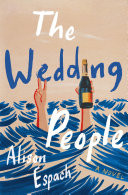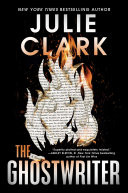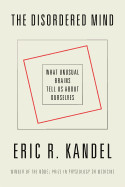Not quite a pick; not quite so-so. Rounding up. Quite textbooky (the Nobel-winning neuroscientist author writes textbooks) and the publisher plumped up the book with glossy paper, illustrations, and so on to make it look more substantive. I learned some interesting things about depression and anxiety (these states actually kill synapses, which sometimes heal) but felt that the book didn‘t live up to its cover billing. #science #neuroscience
Aimeesue Have you listened to this week‘s On Being yet? John Doty - The Magic Shop of the Brain. He talked a bit about neuroplasticity and studies where they found meditation and compassionate practices can shrink your amygdala. Interesting stuff! (edited) 7y
jillrhudy @Aimeesue OMG no!!!! I can‘t wait! 7y
jillrhudy My amygdala needs to go on a massive diet. 7y
Aimeesue @jillrhudy We got a whole NATION that needs to go on an amygdale shrinking spree. Or start flight-ing instead of fighting. 7y
12 likes4 comments


















